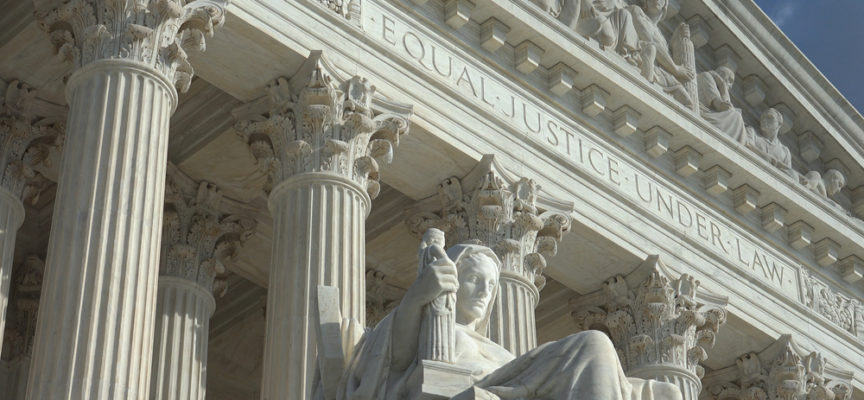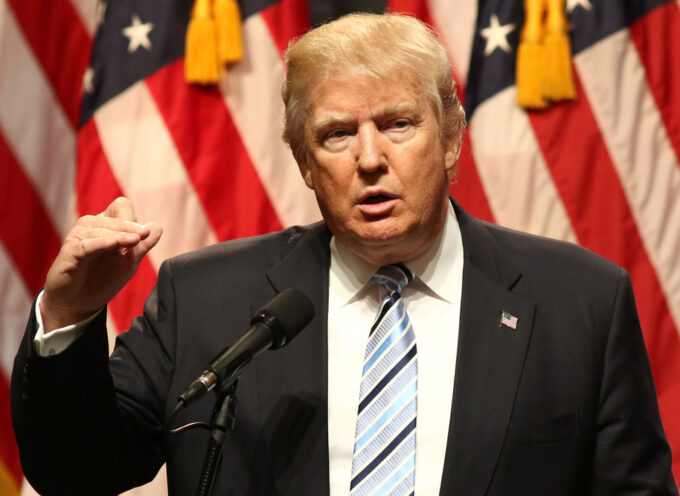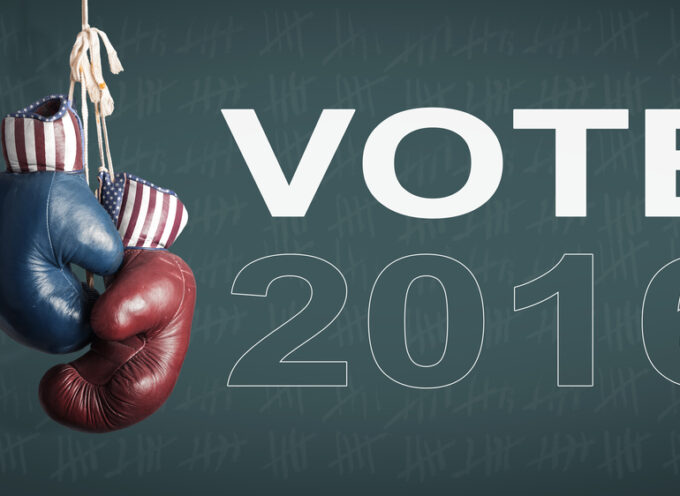Immediately after President Trump introduced Brett Kavanaugh as his nominee for the Supreme Court, Democratic politicians and power-brokers launched a scorched-earth campaign against candidacy.
Hillary Shelton of the NAACP declared that Kavanaugh is a “dangerous criminal.” Sen. Jeff Merkley (D-Oregon) warned that Kavanaugh “wants to pave the path to tyranny.” Sen. Cory Booker (D-N. J.) called his nomination “alarming.”
Granted, the wildly inaccurate and hysterical rhetoric is little more than political grandstanding. “I don’t think any Democrat is going to go along with a Trump appointee to the Supreme Court,” said Democratic strategist Paul Begala. “Not if he or she wants to raise any money or have any volunteers.”
Notwithstanding the partisan pressure to grandstand, it is unconscionable to demonize as a criminal and tyrant this Catholic father of two who serves meals at Catholic charities and tutors at a local elementary school.
Kavanaugh is eminently qualified. This becomes clear when we evaluate Judge Kavanaugh by three criteria—legal credentials, judicial philosophy, and personal character—under which Americans have always assessed their Supreme Court justices.
First, Kavanaugh’s legal credentials are impeccable.
Kavanaugh earned his law degree from Yale University and clerked for retiring Justice Anthony Kennedy. He later served in the Bush 43 administration and, during the Monica Lewinsky investigation, was an author of the Starr Report to Congress. He was confirmed to the D. C. Circuit in 2006 by a vote of 57-36.
Within several days of his nomination, letters of bipartisan support—including statements from 26 attorneys general, more than 160 members of the Yale University community, and 18 of his female law clerks—poured in, describing Kavanaugh as impeccably qualified.
In fact, as Sen. Chuck Grassley (R-Iowa) has made clear, the bizarre request for millions of pages of presidential documents from Judge Kavanaugh’s tenure as a Bush White House staffer proves that Democrats on the Judiciary Committee are desperate.
Second, Kavanaugh’s judicial philosophy is faithful to the Founding Father’s vision.
As numerous legal scholars have noted, Kavanaugh’s legal opinions and occasional writings coalesce to provide a clear picture of his judicial philosophy, especially his view that a judge’s role is to be an “umpire” rather than a “player.”
As Chief Justice Roberts once put it:
Judges are like umpires. Umpires don’t make the rules; they apply them. The role of an umpire and a judge is critical. They make sure everybody plays by the rules. But it is a limited role. Nobody ever went to a ball game to see the umpire.
Why is this aspect of Kavanaugh’s judicial philosophy so important?
It is important because, sadly, in recent years many federal judges have embraced a “living document” view of the Constitution which encourages judges to view themselves as players rather than umpires. This progressive view contends that judges have the right to reinterpret the Constitution in light of “the times.” Its overall effect is that a SCOTUS majority can remove things from the Constitution that they do not like and insert things they do. The “living document” view enabled the Roe v. Wade (1973) and Obergefell v. Hodges (2015) decisions.
In response to the progressive “living document” view, the conservative view is that the nine begowned lawyers of the Supreme Court do not have the right to revise the Constitution. Although it may need to be revised from time to time, America’s Founding Fathers made clear that an amendment to the Constitution must reflect the will of the people; an amendment requires an overwhelming Congressional majority and ratification by three-fourths of the state legislatures.
Justice Kavanaugh—like Scalia before him—rejects the “living document” view. He would refrain from the type of judicial activism that bypasses the American people.
Third, his personal character meets the high standard necessary for serving on the High Court.
Any number of character attributes are desirable in a Supreme Court justice. We want them to be conscientious because we know that it takes hard work and perseverance to adjudicate complex legal issues.
Similarly, we want our justices to be wise and discerning rather than simplistic or superficial.
Perhaps most importantly, we want our justices to be trustworthy, to be the type of persons who can’t be “bought off” by corporations or unduly influenced by partisan politicians.
By all serious accounts, Kavanaugh is just such a person.
In Washington, he is known not only for his legal prowess, but also for serving meals to the homeless and tutoring underprivileged children.
He received vigorous bipartisan support from more than 160 members of the Yale community, who wrote that Kavanaugh “is a person of deep conviction and integrity.”
He even garnered support from prominent liberals such as Lisa Blatt, a feminist lawyer who worked in the Clinton and Obama administrations but declared that Kavanaugh is “supremely qualified.”
In light of Kavanaugh’s impeccable legal credentials, judicial philosophy, and personal character, and on the backdrop of the robust bipartisan report he’s received from legal experts around the nation, let’s hope that good-thinking Democratic representatives such as Joe Manchin will find a way to extricate themselves from the grandstanding so prevalent in their party.
In voting to confirm Kavanaugh, they have an opportunity to eschew partisan grandstanding, and send a message to the nation that Supreme Court justices should be evaluated on the basis of their merits.
Subscribe
Never miss a post! Have all new posts delivered straight to your inbox.







